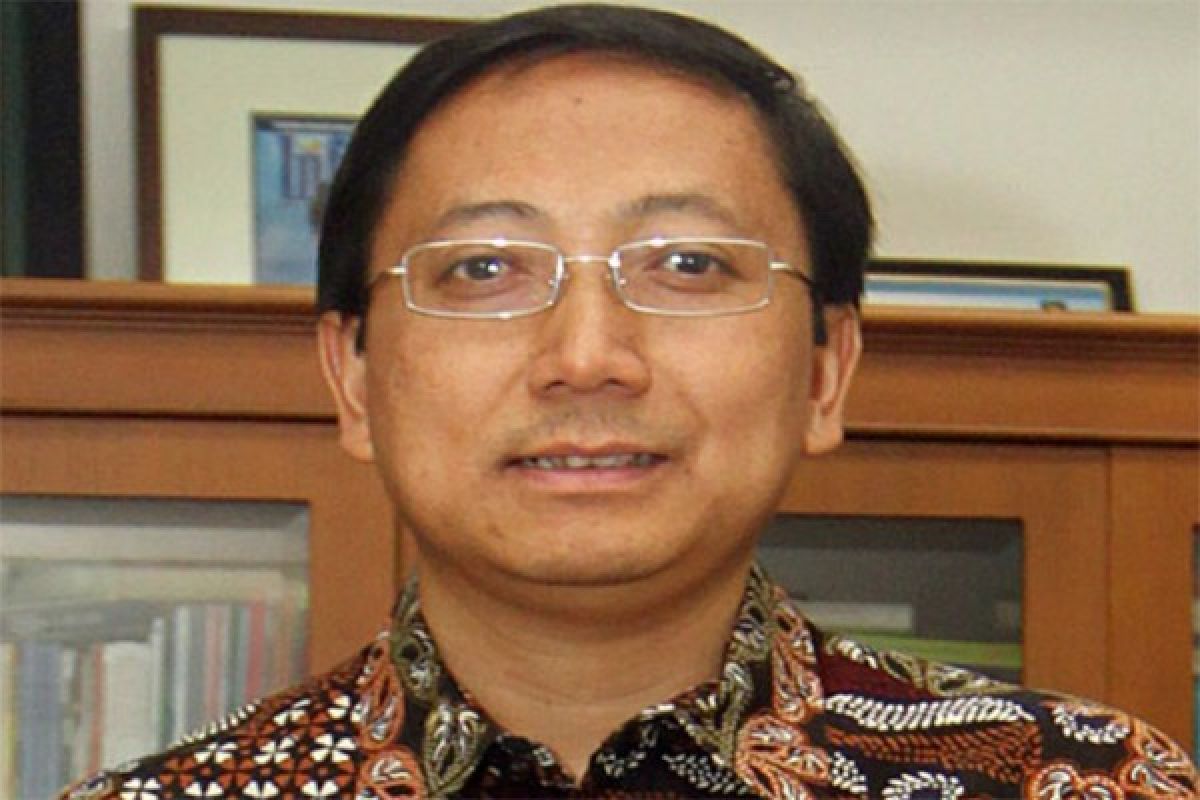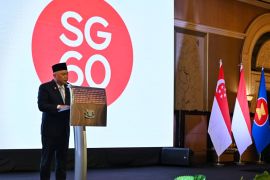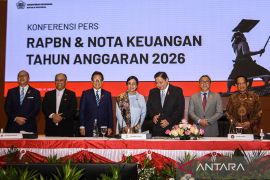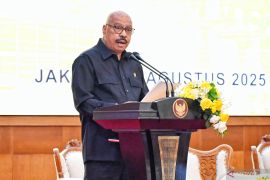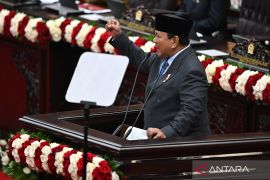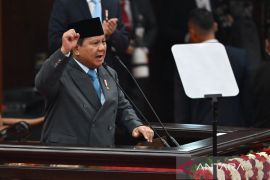I think the credit growth is at around 12 percent."Jakarta (ANTARA News) - Indonesia risks posting an under 5 percent economic growth in the second quarter of 2015 as compared to the previous quarters 4.71 percent growth, noted state-run Bank Tabungan Negaras (BTNs) chief economist A. Prasetiantoko.
"If government spending (expenditure) is not disbursed immediately, it will result in a growth rate equal to that registered in the first quarter. It means less than 5 percent," Prasetiantoko stated here on Friday.
If economic growth in the second quarter of 2015 is still below 5 percent, he has forecast that the economic growth during 2015 can only reach 5 percent.
"We will continue to see the same trend in the second quarter, especially with regard to government expenditure," Prasetiantoko remarked.
According to Prasetiantoko, domestic consumption is expected to drive economic growth.
However, if the rate of economic growth declines, it will be difficult for domestic consumption to boost economic growth.
"Falling prices of commodities are believed to be the reason behind the slowdown in economic growth. Commodities that are already expired cannot be immediately replaced with industrialization. I think they are the key there," he stated.
He pointed out that the slowdown in economic growth is coupled by the worsening ratio of non-performing loans (NPL).
"I think the credit growth is at around 12 percent. The OJKs target is set at 15 to 17 percent," he said.
Earlier, Bank Indonesia (BI) expressed optimism that the countrys economy would grow as expected, with maximum government contribution in budget spending in 2015.
"The economic growth target will remain the same at 5.4-5.6 percent," BI Governor Agus Martowardojo stated at the Institute of International Finance (IIF) Asia Summit here on Thursday.
Agus noted that the target will be reached through large government spending on infrastructure development to boost investment and consumption as the drivers of economic growth.
He hoped that the structural reforms to control inflation and reduce the current account deficit can continue to be implemented to counter external negative sentiments.
He said that the global slowdown had yet to be closely observed especially with the rising value of the US dollar and falling prices of commodities.
There is also the risk of capital outflows from the Indonesian stock market, he pointed out.
He also warned of the impact of the plan to abolish liquefied petroleum gas (LPG) subsidy and increase electricity tariff on the inflation.
"The plan has to be implemented carefully to keep inflation under control at around 4 percent more or less," he affirmed.
Meanwhile, Executive Director of Mandiri Institute Destry Damayanti stated that a trigger is necessary to drive economic growth to meet the target.
The trigger has to be created by the government by facilitating investment from the private sector to contribute to economic development.
"A trigger is needed such as the simplification of licensing procedures," she explained.
She said Mandiri has forecast that the countrys economic growth could reach 5.3 percent this year.
It will be difficult to achieve a growth of 5.7 percent this year, which is still required by the new government for consolidation.
(Uu.A063/INE/KR-BSR/A014)
Editor: Priyambodo RH
Copyright © ANTARA 2015
